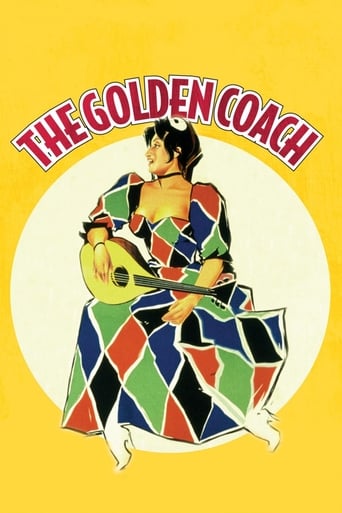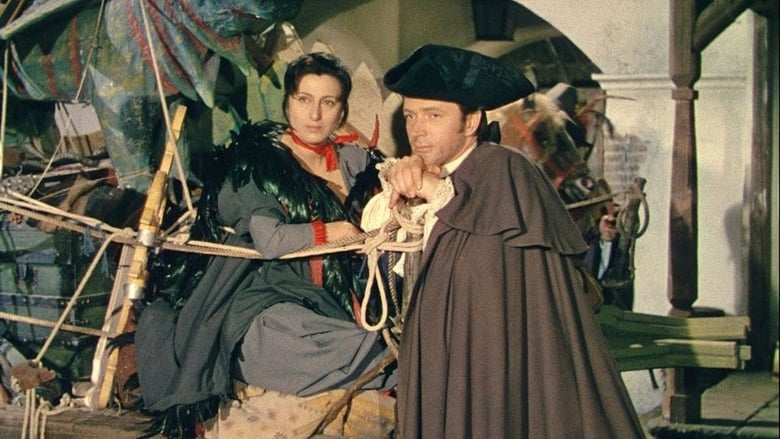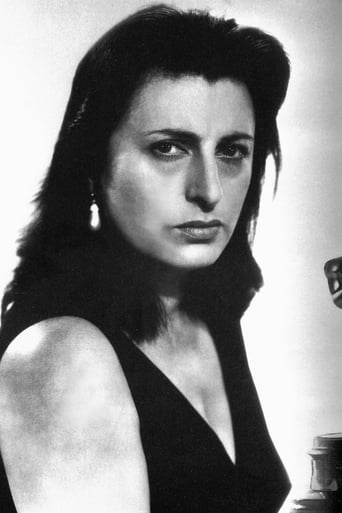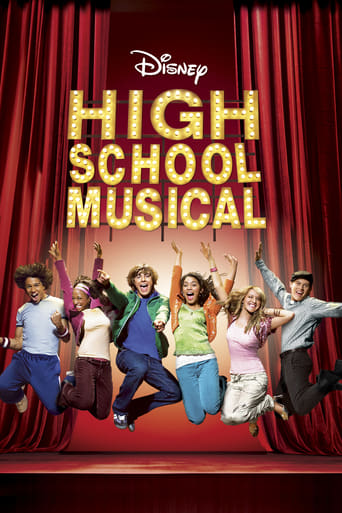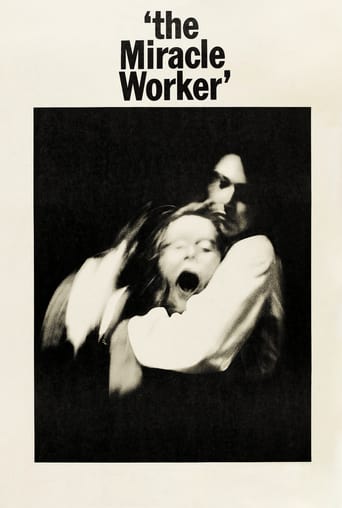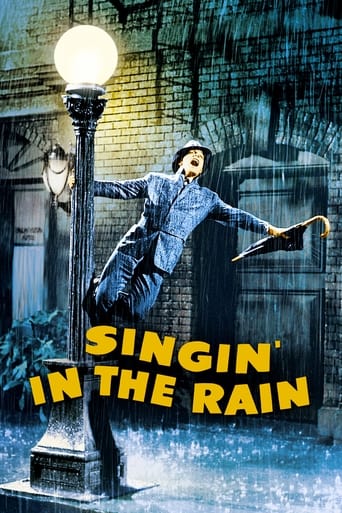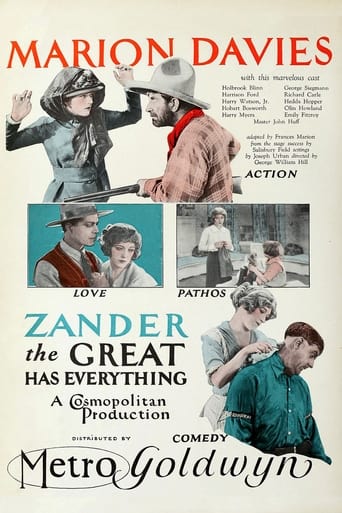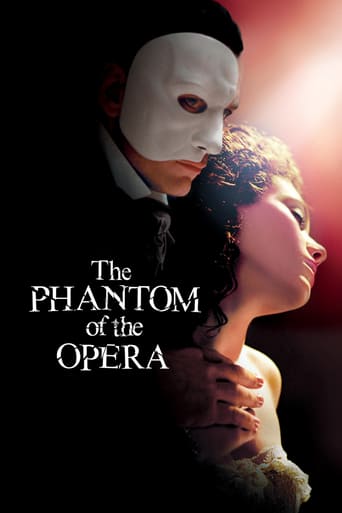The Golden Coach (1952)
A viceroy, a nobleman and a bullfighter court a comedy-troupe actress in 18th-century Peru.
Watch Trailer
Cast
Similar titles
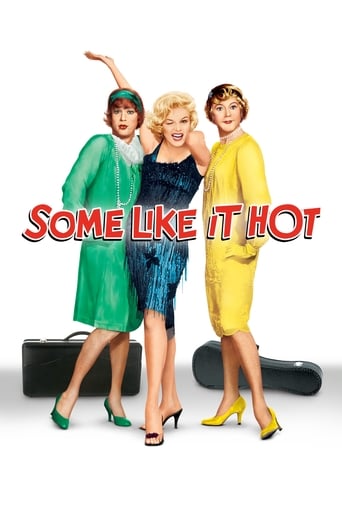
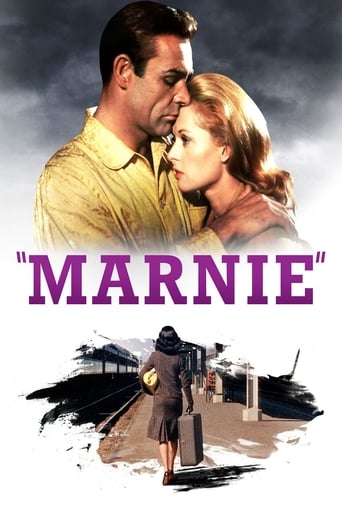
Reviews
Sadly Over-hyped
good film but with many flaws
Far from Perfect, Far from Terrible
It is a whirlwind of delight --- attractive actors, stunning couture, spectacular sets and outrageous parties. It's a feast for the eyes. But what really makes this dramedy work is the acting.
You would think that 'The Golden Coach' has the potential to be a classic. After all, it's directed by the great Jean Renoir, the setting is unique (a Spanish colony in Peru in the 18th century), the plot is unusual (a commedia dell'arte troupe must prove its mettle in a potentially hostile environment) and the protagonist played by Anna Magnani, lends her star power to the proceedings.I like how the character of Ferdinand the Viceroy (in perhaps Duncan Lamont's greatest role) is not your typical autocrat who is bent on making everyone's lives, miserable. Quite the contrary, the Viceroy is beholden to the aristocracy who eventually decide to vote him out after he chooses to give the Golden Coach to Camilla (Magnani), who he has fallen in love with. I also like the witty banter between Lamont and Magnani, as he tries to seduce the headstrong Camilla.As the plot develops, the Viceroy isn't the only fellow who has fallen in love with Camilla. There's also Felipe, who's been accompanying the theater troupe in their travels. Felipe flips out after the Viceroy gives Camilla a very expensive necklace and there is a rather unfunny scene (that goes on for too long) with Felipe attempting to take the necklace away from Camilla and give it back to the Viceroy. The brawl between the two, emphasizing Felipe's extreme jealousy, is way overdone. The result in the plot is that Felipe decides to leave the troupe and join the Army.Then there's Ramon, the bullfighter, who's also smitten with Camilla. And naturally he's the extreme jealous type too. He ends up fighting with Felipe after his return for a visit and we're again expected to laugh simply because of both their jealous infatuations.Magnani knew no English when she was hired for the role and it's remarkable how fast she learned the language. Nonetheless, I'm not completely sure if she was the best type for the role. The three men are infatuated with her but certainly not for her looks. I guess it's her personality that sways them but in real life, can you imagine all three men going after such a brash (and not that physically attractive) type of woman?'The Golden Coach' denouement reminds me of the similar denouement in Moliere's 'Tartuffe'. You'll recall that it's the King who makes everything right at the end; similarly here it's the Bishop, who accepts Camilla's gift of the coach and plans on using it to transport sacraments to the sick and dying. Maybe that's Pope Francis' style now but back then, highly unlikely (same for the king in Moliere's day— can you really believe he would have seen through the hypocrite Tartuffe and restored equilibrium to Orgon and his household?). But the ending is designed to reflect the type of drama of that time. Ultimately, 'The Golden Coach' is a sumptuous costume drama with a unique, historical setting. If you like the commedia dell'arte, you'll certainly be rewarded (in terms of drama, it seems awfully dated to me).I understand that Renoir himself was more proud of the stage design than the narrative. And what of the narrative? It mainly relies on the comedy of three infatuated men and their extreme jealousy. Funny? Not really. Original? Ditto! There's also a little of Renoir's philosophizing at the end where we're reminded that Camilla really can only realize her true self when she's performing on the stage. Thus the machinations offstage are of secondary importance. This seems prophetic as those machinations do indeed seem trivial at best.
It was very interesting to read that French director Jean Renoir (Boudo Saved from Drowning, La Grande Illusion, La Règle Du Jeu (The Rules of the Game)) made this film in the English language, he planned to make a French version but had no money to do it, so this the original that all the critics praise. Basically set in 18th Century, in a small Central American town in Peru, a travelling Commedia dell'Arte theatre company arrives to entertain the people and the high society aristocracy. The chief aristocrat of the town is the Viceroy (Duncan Lamont), who has recently bought a fabulous golden coach from Europe to give to his mistress. But this plan changes when he gets to to know the leading lady and actress of the troupe, Camilla (Anna Magnani), he falls in love with her and gives the coach to her instead, and she starts to become accustomed to the high life. She is however also loved by the troupe leader and the local toreador (bullfighter), and the situation becomes a problem for the Viceroy who has his minsters shocked with his reckless extravagance and plan to get rid of him. In the end Camilla solves the situation by donating the coach the Bishop of Lima, and she returns to the theatre troupe and there is a big celebration for their preponderance. Also starring Odoardo Spadaro as Don Antonio, Nada Fiorelli as Isabella, Dante Rino as Harlequin, George Higgins as Martinez, Ralph Truman as Duke, Gisella Mathews as Marquise Irene Altamirano, Raf De La Torre as Chief Justice, Elena Altieri as Duchess Paul Campbell as Felipe and Riccardo Rioli as Bullfighter. It was handy that I did not have to read any subtitles through the film, the cast were all fine, especially Magnani who was radiant as the performer turned unlikely high class socialite of sorts, the story was just about simple enough that I could pay attention to the right parts, the costumes and use of colour is lavish, it feels like a play on stage, I'm sure that was the point, a likable period drama. Very good!
Jean Renoir's colorful English language comedy is not the masterpiece prevailing critical opinion would have you believe ("riotously textural!" raved the Village Voice), but it is a pleasant and entertaining novelty. A spirited Anna Magnani leads a troupe of Italian actors to a Spanish colony in 18th century Peru, where the appreciative Viceroy rewards her talent (and beauty) with the gift of a golden coach, setting off a small political and romantic scandal. It plays for the most part not unlike a literate stage farce, and Renoir emphasizes the theatricality of the story by directing (and shooting) it like theatre, with deliberate, flat compositions and distracting color costumes; the action even begins on a legitimate stage, the walls of which 'disappear' as soon as Renoir's camera dollies into it. The (at the time) newly struck 1992 print, presented by Martin Scorsese, shows obvious evidence of restoration only in the curious epilogue, which brings the story back to its original stage setting, and appears to have been poorly reconstructed on video.
Occasionally - perhaps about once every other Fall - I catch up with a vintage (vintage in the sense that it was produced way, way back) movie that has attracted rave reviews, albeit not always on its initial release, and find myself asking questions such as WHAT? WHERE is the Style and/or Content? WHY all the fuss? Mensa members reading this will be ahead of me and aware that I have the same problem with this entry. I WANTED to like it, I always want to like a given movie and Renoir isn't exactly chopped liver; no one enjoyed his French Can Can or La Grande Illusion more than I but I did find Le Bete humaine on the so-so side. Here the big problem was Magnani. She is a fine actress no doubt and I myself have seen her give some tremendous performances but the Beauty That Drives Men Mad? I think not. For reasons best known to Renoir and/or his cameraman they have contrived to shoot her in such a way as to suggest she was suffering a bad case of mumps on the floor; tempestuous, yes; volatile, yes; histrionic, yes but incandescent? You've got to be kidding. It was a nice idea to try to replicate the Commedia del Arte and lots of the set-ups are easy on the eye but overall, what's it all about, Alfie.
